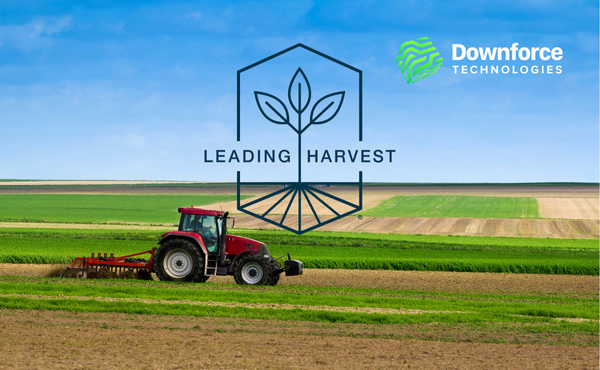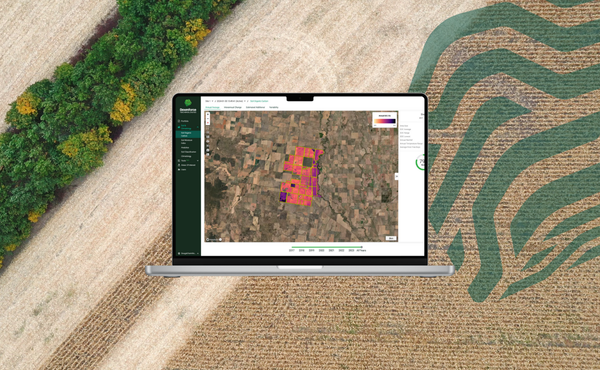Carbon Emission Reporting: Navigating an Evolving Landscape
Oct-29-2024
As climate regulations tighten worldwide, businesses face increasing pressure to accurately measure and report their carbon emissions. Carbon reporting is no longer just a compliance obligation—it’s a strategic imperative that drives transparency, sustainability, and resilience. Understanding frameworks like the GHG Protocol and ISO 14064 ensures businesses can meet evolving regulatory demands while unlocking new opportunities in carbon markets.
Why Carbon Reporting Matters: More Than Just Compliance
Carbon reporting isn’t just about meeting regulations—it’s a strategic advantage. Transparent reporting aligns organizations with stakeholder expectations, taps into carbon credits, and positions them as sustainability leaders. By staying ahead of evolving frameworks, businesses ensure compliance while driving innovation in decarbonization.
Understanding Carbon Reporting Frameworks
Navigating the carbon reporting landscape requires a solid understanding of key global frameworks that shape sustainability reporting. These include:
- Task Force on Climate-Related Financial Disclosures (TCFD): This framework helps organizations disclose how climate-related risks and opportunities impact their financial performance.
- Science-Based Targets Initiative (SBTi): The SBTi guides companies in setting emission reduction targets that align with the Paris Agreement’s goal to limit global warming to 1.5°C.
- Global Reporting Initiative (GRI): GRI promotes sustainability reporting by enabling organizations to disclose their environmental, social, and governance (ESG) impacts.
Mandatory vs. Voluntary Reporting: What’s Now, and What’s Coming
What Is Mandatory Now
Regions like the European Union (EU) and the United Kingdom (UK) have implemented mandatory carbon reporting regulations. The EU Corporate Sustainability Reporting Directive (CSRD), effective in 2024, requires large companies to report on their sustainability impacts, including carbon emissions. In the UK, reporting aligned with the Task Force on Climate-Related Financial Disclosures (TCFD) framework became mandatory for listed companies as of 2023.
What's Coming
New regulations are expected to be implemented across North America, Europe, and parts of Asia. Businesses must prepare for increasing mandates to disclose their carbon emissions and meet reduction targets. As climate change concerns intensify, governments worldwide are likely to introduce stricter reporting requirements and emission limits, making carbon reporting a critical compliance obligation for organizations across various sectors.
Unlocking Opportunities in Carbon Markets
For businesses seeking to lead in the sustainability space, carbon markets present a significant opportunity. Through compliance carbon markets like the EU Emissions Trading System (ETS), companies can offset emissions by trading carbon credits. Meanwhile, Voluntary Carbon Markets (VCMs) offer flexibility in pursuing carbon offsetting strategies while supporting global decarbonization efforts.
By integrating verified carbon reporting, businesses can unlock opportunities in these markets, enhance their sustainability strategies, and create new revenue streams.
Breaking Down the Frameworks: GHG Protocol and ISO 14064
GHG Protocol:
The GHG Protocol is the foundation for most global carbon accounting frameworks, providing guidelines for measuring and reporting emissions across three scopes:
- Scope 1: Direct emissions from owned or controlled sources.
- Scope 2: Indirect emissions from the generation of purchased energy.
- Scope 3: All other indirect emissions across the value chain.
ISO 14064:
ISO 14064 focuses on quantifying and reporting carbon reductions and removals at the project level. Its application to complex projects, like Soil Organic Carbon (SOC) and biomass initiatives, ensures accurate and verifiable data collection, particularly when using advanced Tier 3 methodologies.
How Downforce Technologies is Leading the Way
Downforce Technologies provides science-led solutions that align with industry-leading reporting standards. By applying Tier 3 methodologies, we ensure transparency and accuracy in carbon accounting, particularly for complex projects involving SOC and biomass.
- Precise SOC Measurement: Our ISO 14064 accredited solution allows for large-scale, outcomes-based Measurement, Reporting, and Verification (MRV) of SOC without the need for expensive soil sampling.
- Long-Term Data Analysis: We provide robust historical SOC data, enabling better decision-making on land management and long-term carbon sequestration.
- Supply Chain Integration: Our tools support businesses in monitoring SOC levels across their supply chain, aiding sustainability initiatives and carbon insetting programs.
- Carbon Credit Verification: Our technology verifies SOC increases for carbon credit programs, creating new revenue streams for businesses committed to decarbonization.
As carbon reporting evolves, businesses must prepare for mandatory disclosures and seize the opportunities presented by voluntary carbon markets. Downforce Technologies is committed to guiding you through this complex landscape, helping your organization achieve transparency, accountability, and competitive advantage in the race to net-zero.
Contact us today and discover how our science-driven solutions can keep your business ahead of evolving regulations and unlock new sustainability opportunities.





